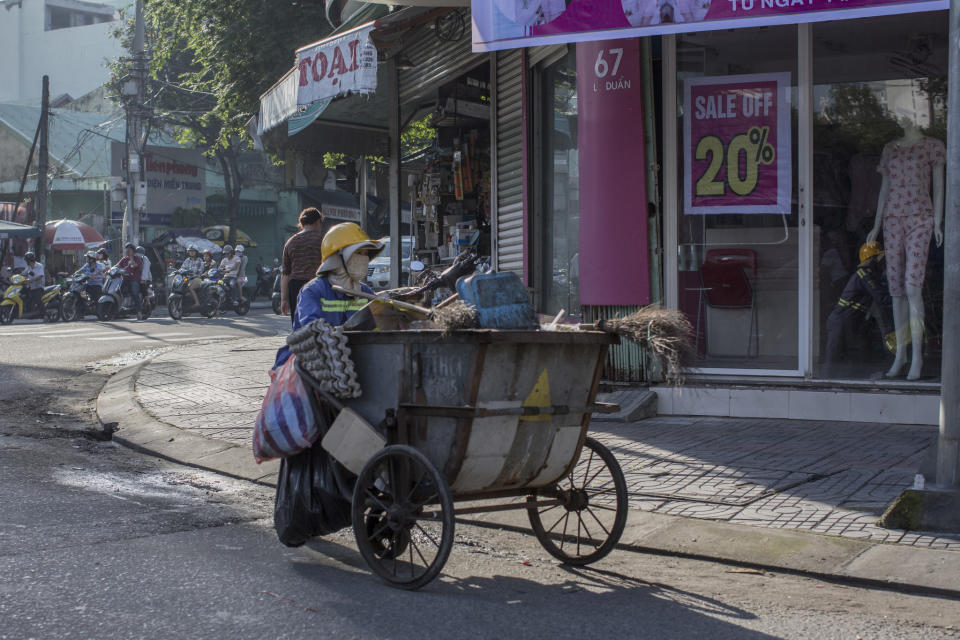A new billionaire is created every two days, says Oxfam

A new billionaire is created every two days – with the last year seeing the biggest increase in the number of super-rich individuals in history.
About 2,043 people can now claim to be billionaires, according to campaign group Oxfam International.
Oxfam International says 82% of the wealth generated last year went to the richest 1% of the global population.
MORE: Around 775,000 people pay more tax than millionaires – are you one of them?
The poorest half of the world’s population – some 3.7 billion people – saw no increase in their wealth.
A boss at one of the world’s top five fashion companies will earn in just four days what a garment factory employee in Bangladesh will be paid during a lifetime of working, it said.

Oxfam International’s report, ‘Reward Work, Not Wealth’, was published as leaders of the world’s most powerful nations and the globe’s richest business figures gather in the Swiss ski resort of Davos for this week’s World Economic Forum.
MORE: ‘Fat Cat Thursday’ sees UK’s top bosses pass average worker’s earnings by lunchtime
“The billionaire boom is not a sign of a thriving economy but a symptom of a failing economic system,” said Winnie Byanyima, Oxfam International’s executive director.
“The people who make our clothes, assemble our phones and grow our food are being exploited to ensure a steady supply of cheap goods, and swell the profits of corporations and billionaire investors.”

The year between March 2016-17 saw the biggest increase in the number of billionaires in history, with 2,043 people now able to claim the title, said Oxfam International.
And, while many political leaders and some business figures, talk about tackling inequality, raising standards and addressing social issues, few are actually doing anything, said Byanyima.
“The billionaire boom is not a sign of a thriving economy but a symptom of a failing economic system,” she said.
“It’s hard to find a political or business leader who doesn’t say they are worried about inequality. It’s even harder to find one who is doing something about it.
“Many are actively making things worse by slashing taxes and scrapping labour rights.”
MORE: Poorest UK households spend over £1 in every £4 repaying debts
Oxfam’s calculations were based on global wealth distribution data provided by the Credit Suisse Global Wealth Data book published in November 2017. The wealth of billionaires was calculated using Forbes’ billionaires list last published in March 2017.
The charity wants to see a rethink of business models, arguing maximising shareholder returns over broader social impact is wrong.
It said almost three-quarters (72%) of 70,000 people it surveyed in ten countries saying they wanted their governments to “urgently address the income gap between rich and poor”.

 Yahoo Finance
Yahoo Finance 
